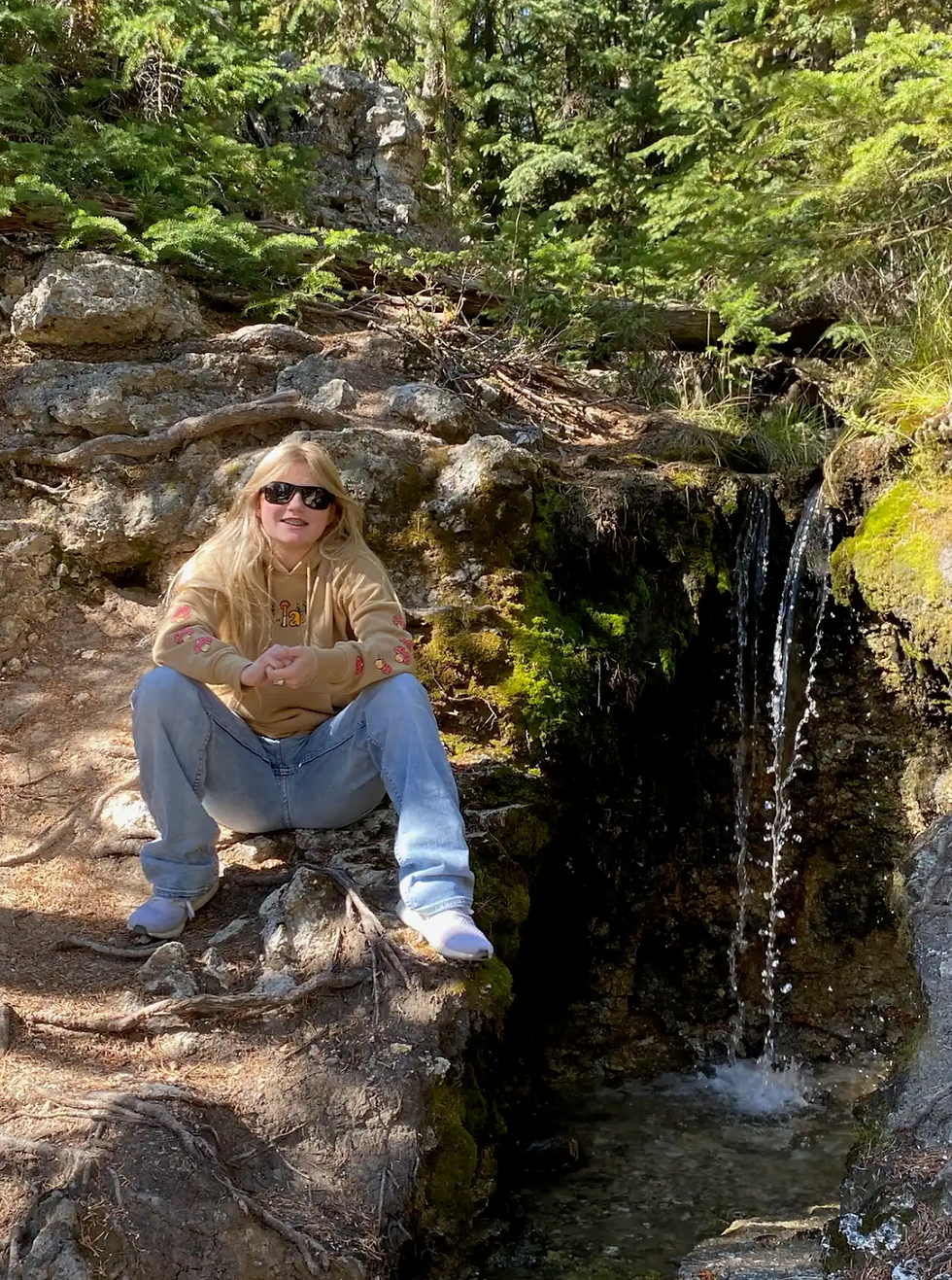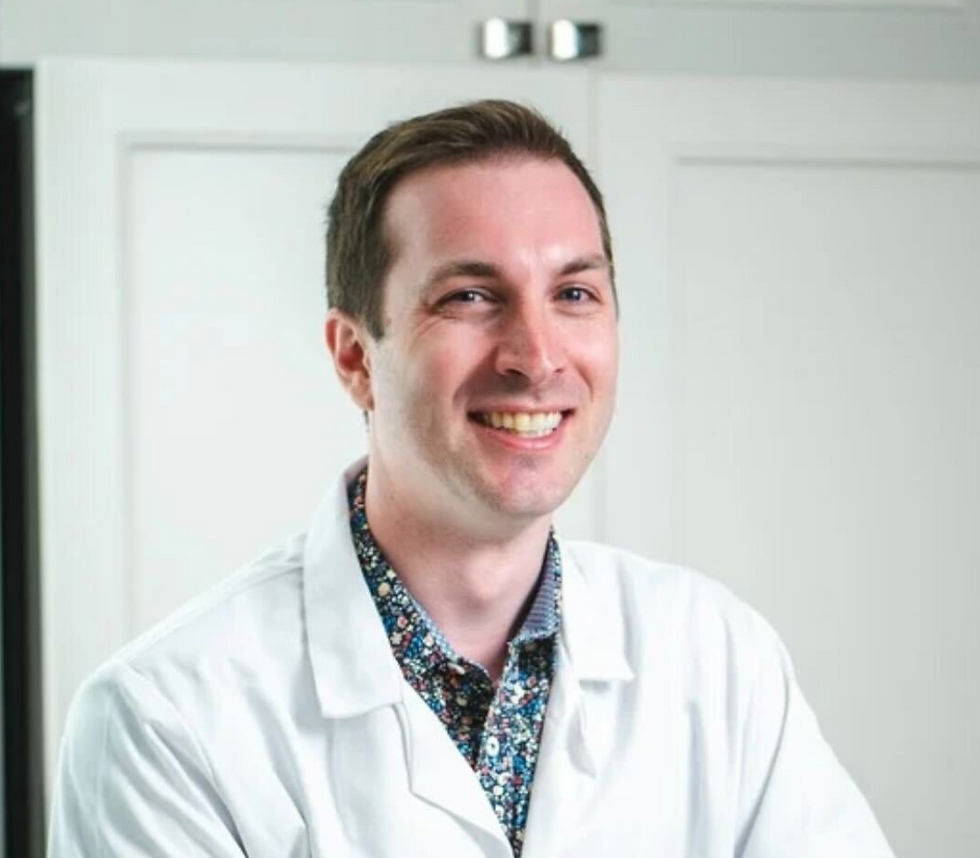The Invisible Injury
- Jasper Delichte
- Jan 14, 2021
- 2 min read
Updated: Jan 24, 2021
Jade Banman
Age 25, accident happened at 18
Mild-moderate traumatic brain injury

My first year after brain injury way tough. I did not really learn much from school as I was coping with my brain injury.
There are lasting impacts: during group works, I often need to explain to my group members about the nature of my brain injury if they have been going to quickly. My brain needs relatively more time to process the information. They have given me a lot of understandings, and I always try not to alleviate myself from the group because of my brain injury.
I was a bit frustrated during the time: there are limitations to what kind of activities I can participate in, and although I did not feel different at the time, my life had been changed drastically. The possibility of having a second injury was still high, so I could not participate in sports or other related activities. I was also easy to have fatigue. The classes already took up much space in my mind, so sometimes after school, when my friends asked if I wanted to hang out, I always could not make it because I needed to return back home and take a rest.
My injury was a mild-moderate traumatic brain injury. My audio procedurals were functioning properly, but my visual procedurals were not as great, so during exams, I need to have special accommodations: I write my exams through an e-reader which makes sure what I am seeing is actually there. I also have troubles processing informations because of my short-term memories. For example, before exams, I need to start working as early as 15 days prior to the exams, while other people may be able to cram all the contents in two days.
Maintaining a plan is very important for me. I need to have everything planned out for me during the day, or else I become cluttered and don’t know what to do, or where to go. Keeping a planned life helped to taper some of my anxiety, especially because I am very easy to be anxious.
For the most part, my difficulties come from the nature of my “invisible injury”. Sometimes I have to explain my situation to other people, because I look “normal”, and people can not tell that I have an injury. For the most part, they have been very receptive, yet sometimes I feel like disclosing too much either.
There are definitely more therapies that I need to attend, which was one of the biggest change. I also went through a period of self-isolation during my first year after accident, but I have been coping it with my friends who are all very supportive. Having a healthy social circle is definitely very important. I also with my family because I am still in school, and they have given me a lot of supports and kindness.
In ten years, I would see myself as a social worker after I completed my master degree in social work. I wish to have a house and a dog. It is nothing extraordinary, because I don't see myself different in any way.
Interviewed and recorded by Vivian Liang



